No pipe to ground to
Padraic482
12 years ago
Related Stories
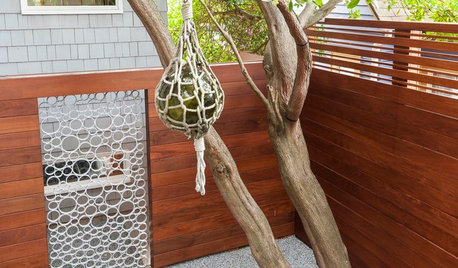
FENCES AND GATESA Designer Uses PVC Pipe to Cast a Modern Garden Gate
Landscape designer Scot Eckley walks us through the process of creating a custom aluminum ring gate
Full Story
FURNITUREPiping Moves Furniture to the Head of the Line
Boldly defining upholstery lines, contrasting piping underscores the strength of a furniture piece's design
Full Story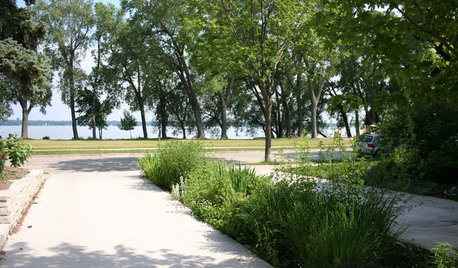
LANDSCAPE DESIGNHow to Design Your Landscape to Sink Water Into the Ground
Learn to infiltrate stormwater, even on challenging sites
Full Story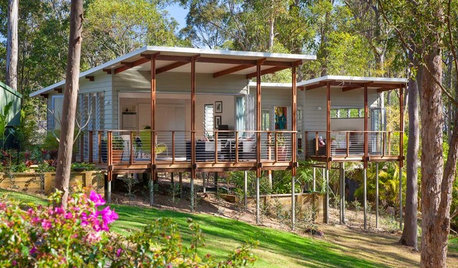
ARCHITECTUREStilt Houses: 10 Reasons to Get Your House Off the Ground
Here are 10 homes that raise the stakes, plus advice on when you might want to do the same
Full Story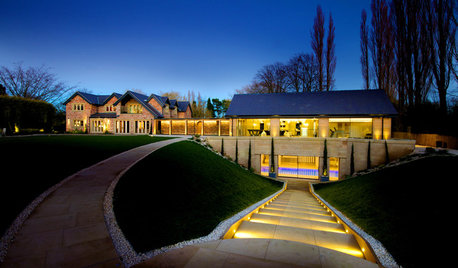
LANDSCAPE DESIGNHow Grading Shapes the Ground and Manages Stormwater
Understand how an overall grading plan provides a framework for a great landscape design
Full Story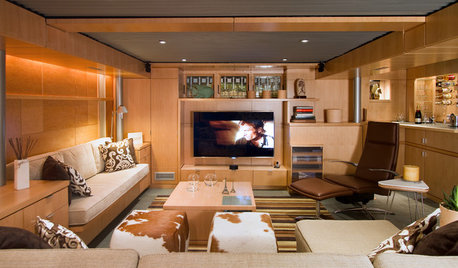
BASEMENTSBasement of the Week: Clever Details Update a Below-Ground Lounge
Lower-level design reaches new heights with rearranged ductwork, lighting, a new ceiling and modern styling
Full Story
LANDSCAPE DESIGNHow to Move Water Through Your Landscape
Swales, underground pipes or a mix of both: There’s more than one way to distribute water in the garden
Full Story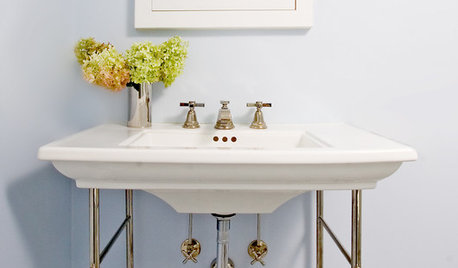
WORKING WITH PROSHow to Work With a Plumber
Follow these guidelines, and your plumbing job will flow as smoothly as water through clean pipes
Full Story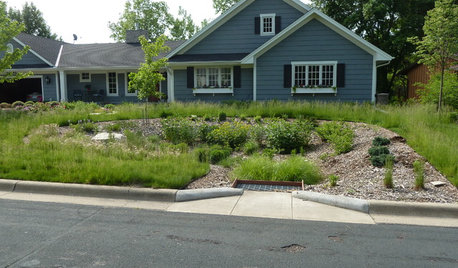
LANDSCAPE DESIGNHow to Design Your Landscape to Spread Water
Water that’s distributed widely will more readily soak into the ground
Full Story
GREAT HOME PROJECTSHow to Replace Your Lawn With a Garden
New project for a new year: Lose the turfgrass for energy savings, wildlife friendliness and lower maintenance
Full StorySponsored
Your Custom Bath Designers & Remodelers in Columbus I 10X Best Houzz
More Discussions







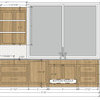
kalining
jkjk
Related Professionals
Barrington General Contractors · Bound Brook General Contractors · Centereach General Contractors · Galveston General Contractors · Leominster General Contractors · Norman General Contractors · Troutdale General Contractors · Waldorf General Contractors · Waterville General Contractors · Eden Prairie Solar Energy Systems · Birmingham Home Automation & Home Media · Columbia Home Automation & Home Media · Fayetteville Home Automation & Home Media · Rowland Heights Home Automation & Home Media · Sun Lakes Home Automation & Home Mediabrickeyee
jkjk
normel
jkjk
Ron Natalie
brickeyee
westom
jkjk
Padraic482Original Author
lbpod
petey_racer
brickeyee
kalining
petey_racer
brickeyee
kalining
brickeyee
Ron Natalie
kalining
Ron Natalie
brickeyee